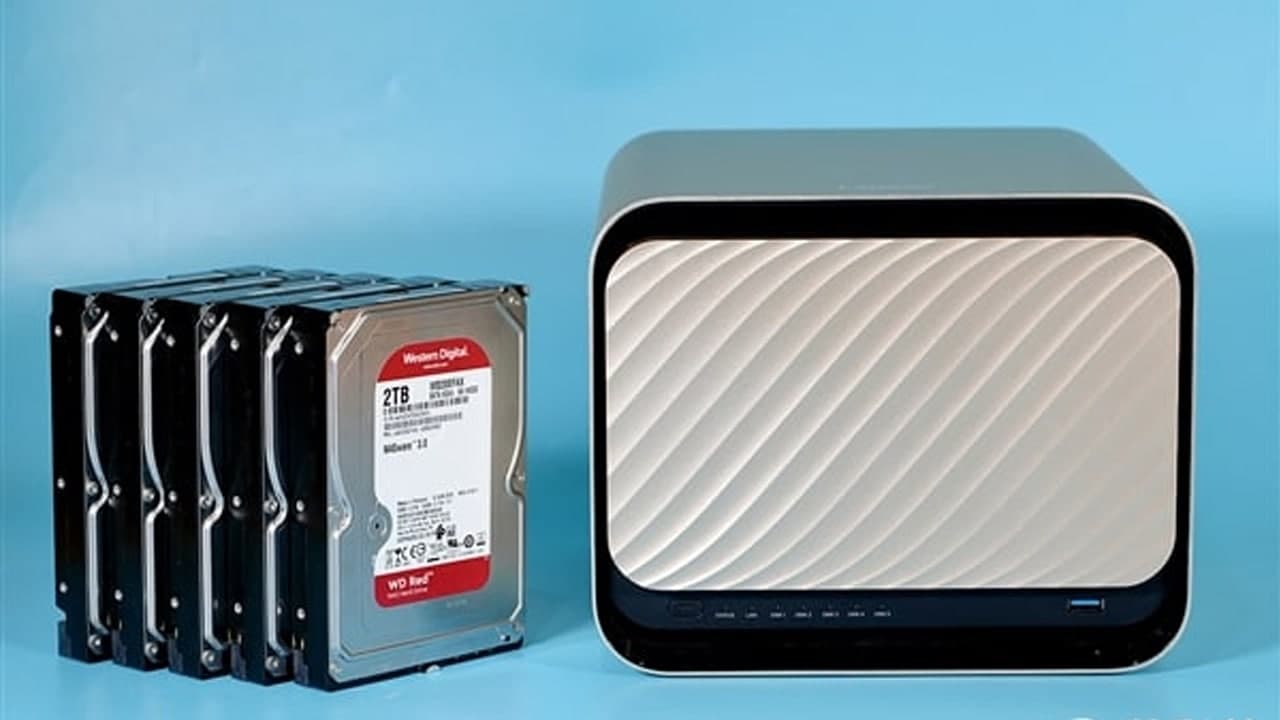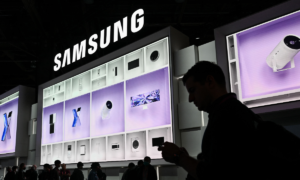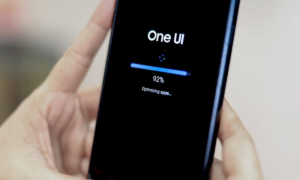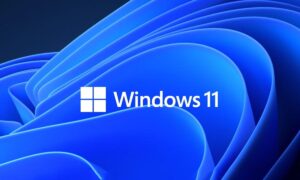Following the single-bay Personal Cloud A1 and the dual-bay Personal Cloud T1, Lenovo has released a five-bay X1, priced at 2,499 yuan. Its full name is ‘Lenovo Personal Cloud Storage X1’.
It is a flagship device designed for high-end personal, home, and studio users who have massive data storage and sharing needs. It supports up to five bays and has a maximum capacity of 80TB.
Lenovo X1 adopts a 6-series aviation aluminum integrated shell, the surface is anodized, and it is furnished with a suspended cover plate and quicksand gold pattern, which is easier to integrate into the home scene.
Lenovo X1 uses a five-bay 5Pro architecture design and is compatible with 3.5-inch and 2.5-inch SATA hard drives. The maximum single-disk capacity is 16TB, and the total capacity is up to 80TB.

It also supports JBOD, RAID 1, RAID 5, RAID 10, and other disks. The array also supports smart sleep mode for hard disks.
Taking into account the heat generated by five hard drives in parallel, Lenovo X1 also created an invisible 3D stereo air intake structure, three channels, 92×15mm double silent large fan, which can effectively control noise while cooling smoothly. The full load operation does not exceed 35 decibels.
In terms of performance, Lenovo X1 is equipped with Intel’s eighth-generation Celeron N4020 processor, dual-core dual-thread, and the highest acceleration frequency is 2.8GHz. It is also equipped with 2GB DDR4 memory and 8GB eMMC flash memory. Dual gigabit network ports.
At present, Lenovo X1 supports open apps and protocols such as Baidu SkyDrive, All Things Download, and Dapeng Speed Up. Among them, All Things Download supports various download methods such as HTTP, FTP, BT, Magnet Link, and Thunder Seeds.
Lenovo X1 supports a variety of automatic backup methods, including multi-device automatic backup, incremental automatic backup, external storage expansion backup, mobile phone, computer data automatic backup, and so on.
At the same time, it supports data backup and access to multiple devices and terminals such as mobile phones, tablets, computers, smart TVs, and multiple operating systems such as Android, iOS, Windows, Mac OS, and Android TV.
(Via)












